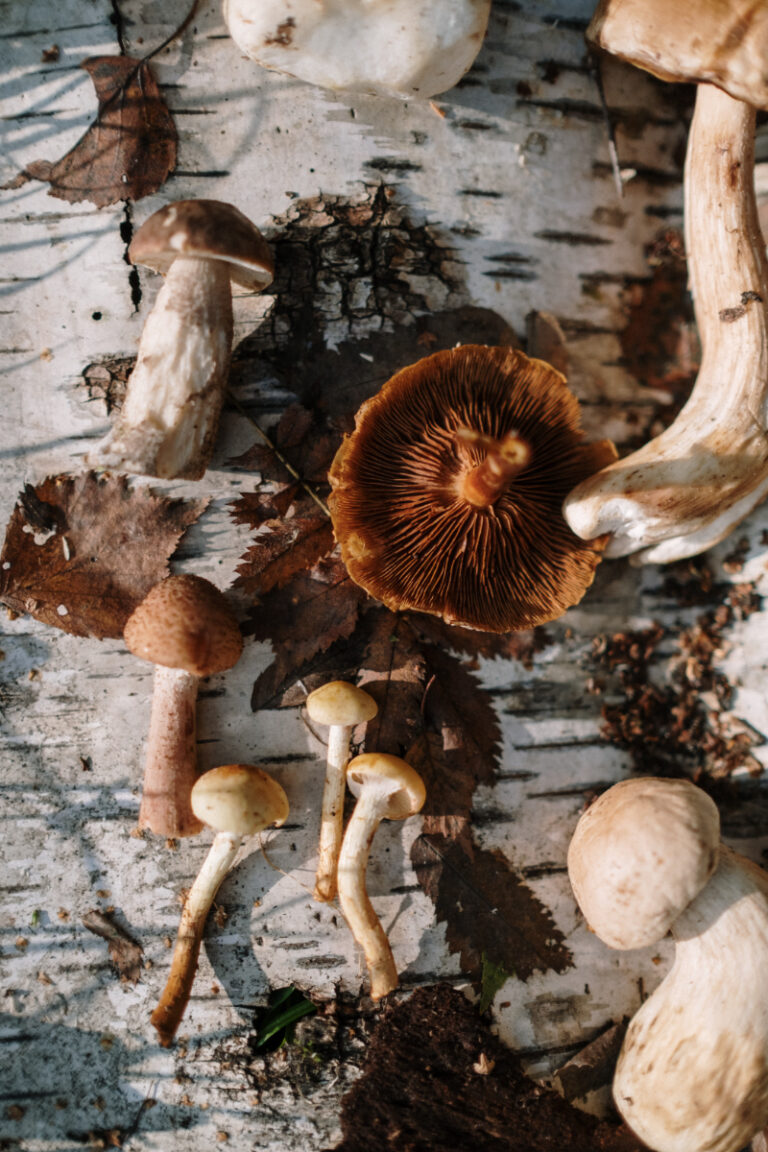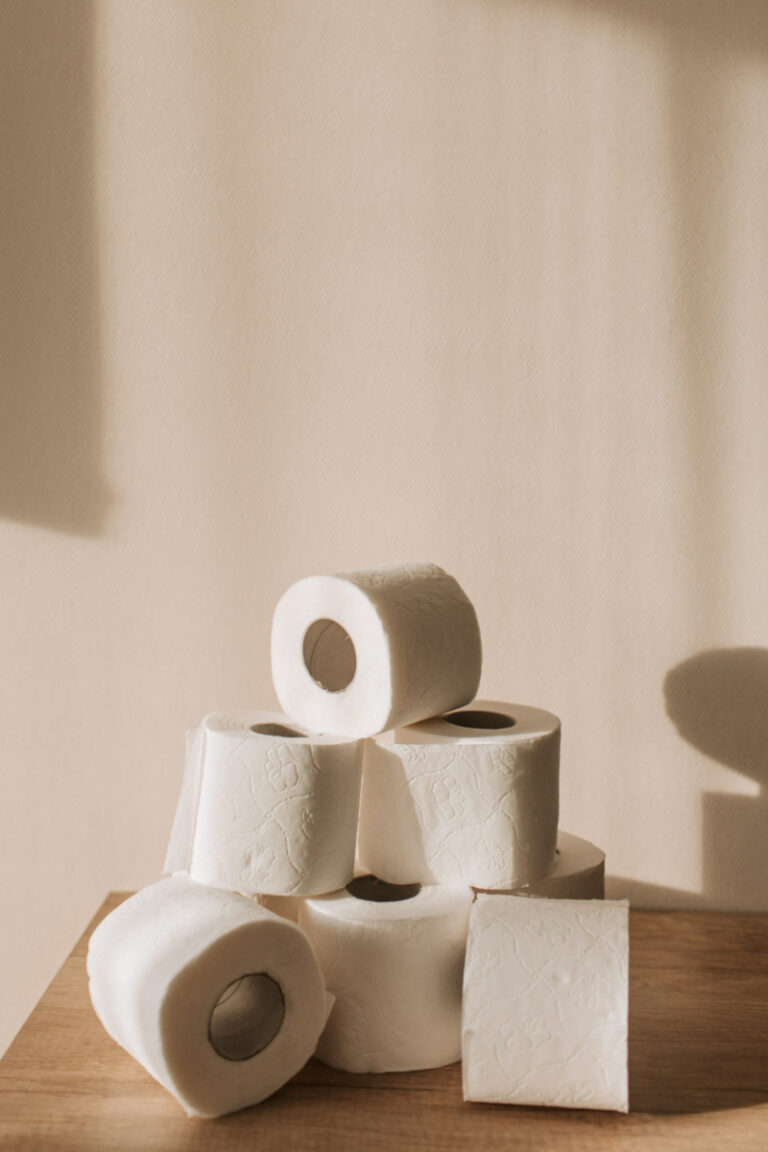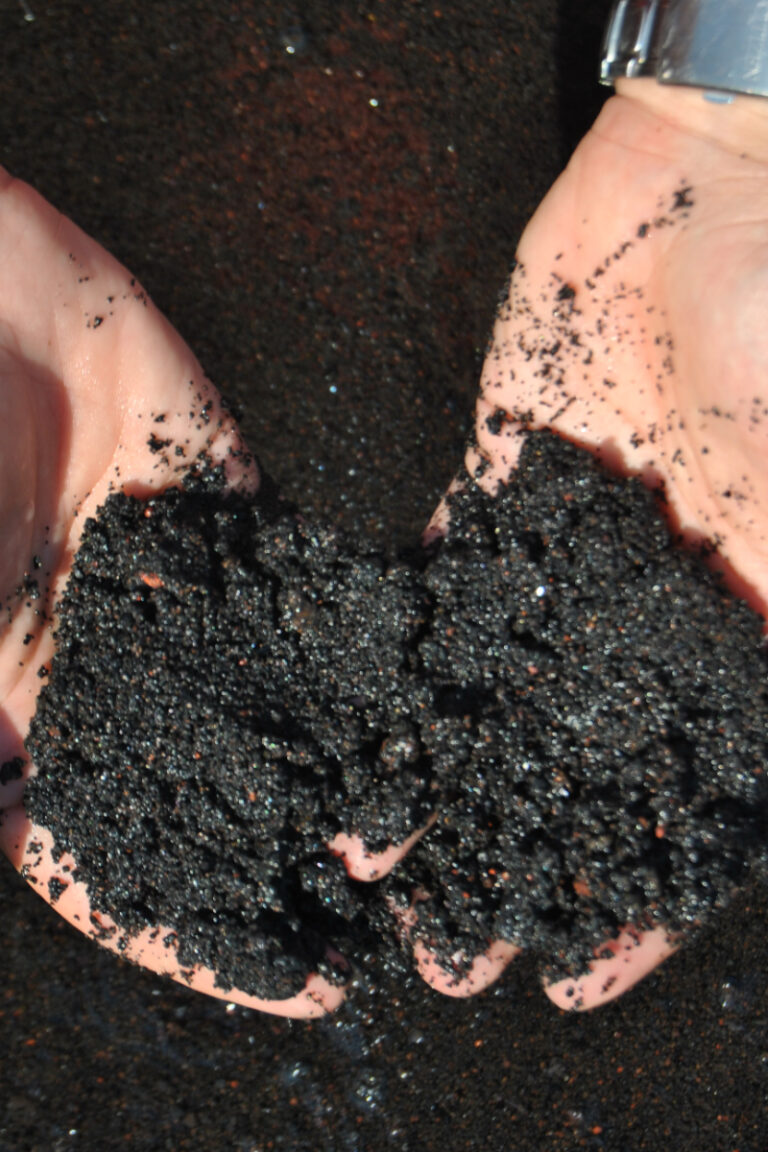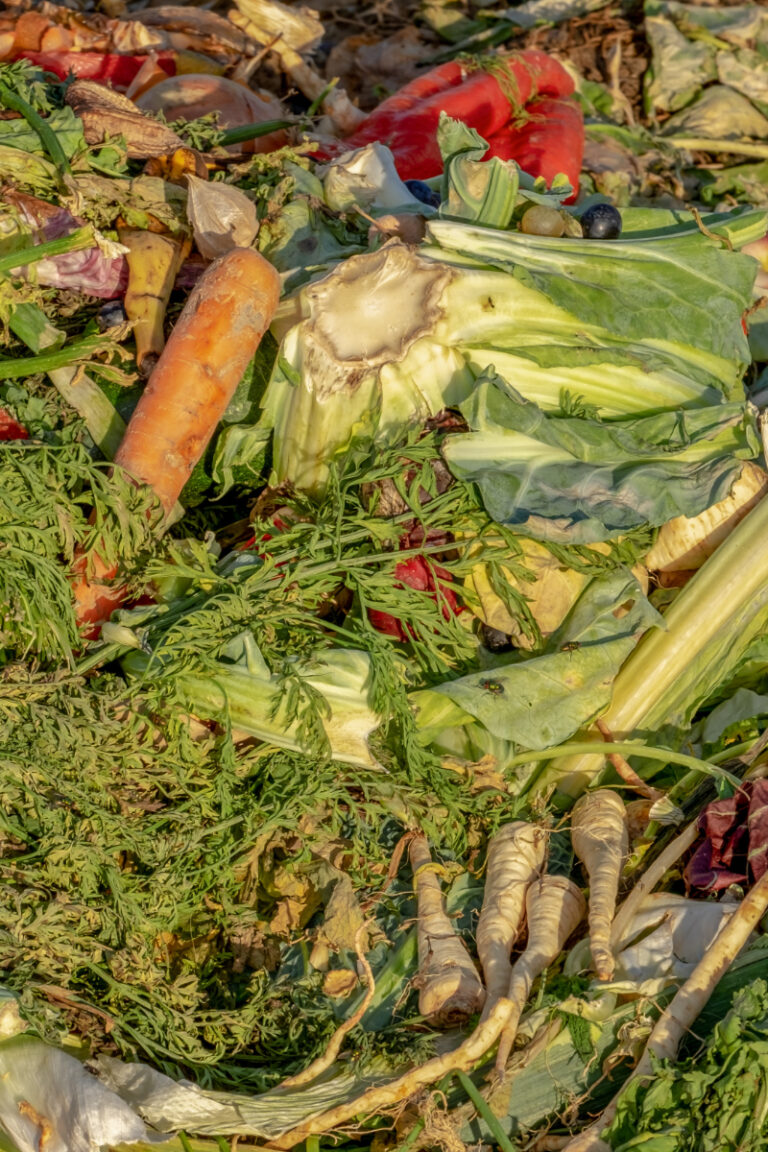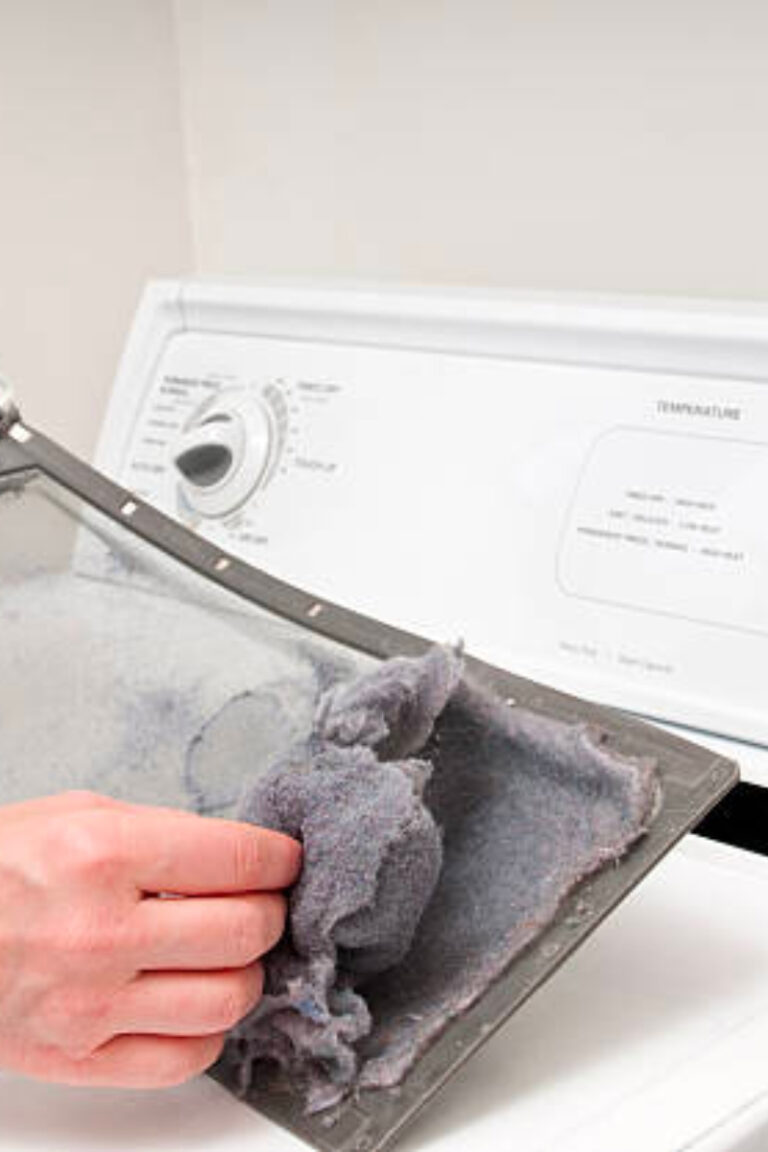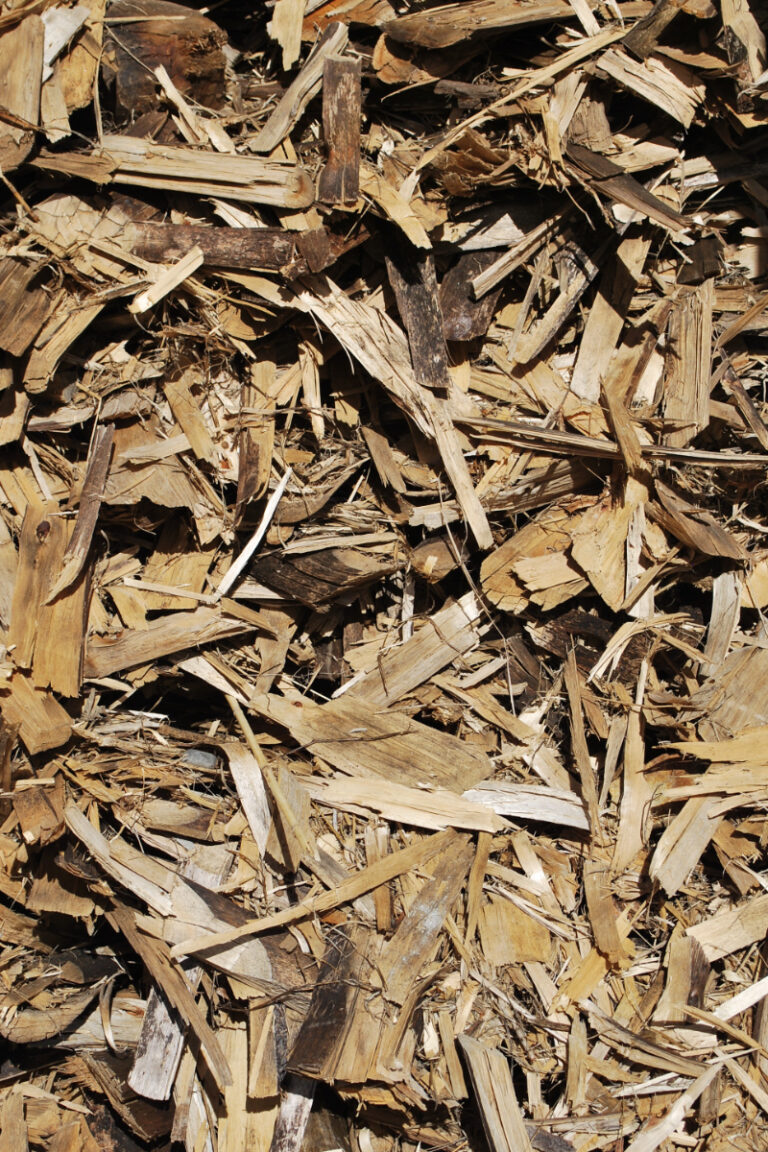Master Apartment Composting: Tips & Tricks
Composting is a natural process that turns organic material into a nutrient-rich soil conditioner, which is perfect for gardening and plant growth. Not only does composting reduce the amount of waste going to landfills, but it also decreases the need for chemical fertilizers, promoting a healthier environment.
However, if you live in an apartment, you might think that composting isn’t feasible for you due to space constraints or potential odor issues. While composting in an apartment does have its unique challenges, it’s far from impossible.
In fact, with the right approach and tools, you can successfully compost your kitchen scraps and contribute to a greener planet, all from the comfort of your high-rise home. This guide aims to walk you through the process of setting up and maintaining an effective composting system right in your apartment.
Let’s dive in and explore how to compost in an apartment so you can turn your organic waste into black gold!
Apartment Composting 101: How To Compost In An Apartment
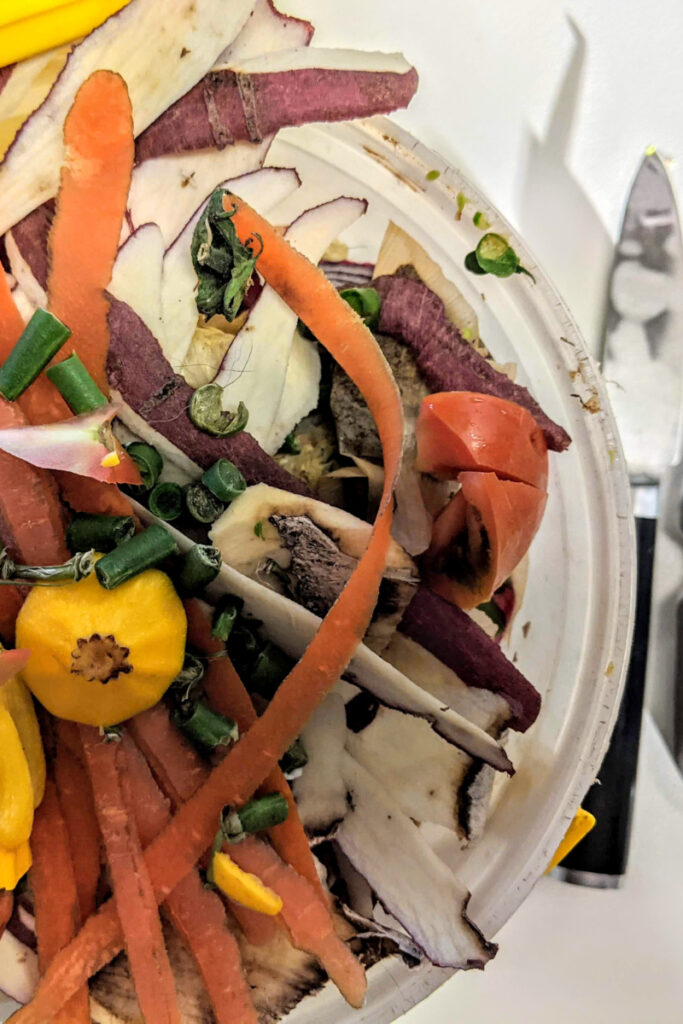
Understanding Composting Basics
Before you start composting in your apartment, or other small space, it’s essential to understand what composting is and how it works. Essentially, composting is a natural process that transforms organic waste, like fruit peels and coffee grounds, into a rich, fertile soil amendment known as compost.
The Science Behind Composting
The magic behind composting lies in its microscopic helpers: bacteria and fungi. These microorganisms break down organic matter into simpler substances. As they consume the waste, they generate heat, which further speeds up the decomposition process. The result is compost, a dark, crumbly material that looks and smells like rich garden soil.
Compost is loaded with nutrients that plants need to thrive. It improves soil structure, helps retain moisture, and can even suppress plant diseases. By adding compost to your indoor potted plants or donating it to a community garden, you’re not only reducing waste but also promoting healthier, more sustainable plant growth.
Types of Compostable Materials
There are two main types of compostable materials: greens and browns. ‘Greens’ are nitrogen-rich materials like fruit and vegetable scraps, apple cores, coffee grounds, and fresh plant clippings. They provide the microorganisms with the protein they need to grow and reproduce.
On the other hand, ‘browns’ are carbon-rich materials like dried leaves, paper, and cardboard. They provide the microorganisms with energy. A good compost pile should have a balance of both greens and browns.
Bear in mind, though, not all organic materials are suitable for composting, especially in an apartment setting. Some items, like meat, dairy products, and diseased plants, can attract pests and create unpleasant odors.
Setting Up Your Indoor Compost Bin
Setting up your indoor compost bin is the first practical step towards small apartment composting. Here’s how you can get started:
Choosing the Right Compost Bin
When it comes to composting in an apartment building, not just any bin will do. You need a container that’s compact, easy to use, and designed to control odors and pests. There are several types of compost bins suitable for indoor use, including worm composters, bokashi bins, and electric composters. Each has its own advantages and drawbacks, so research each type thoroughly to find one that best suits your needs.
If you’re planning to use a worm bin composter, make sure it is always sealed tightly and designed exclusively for worm composting. Those little red wigglers have a tendency to find their way out of the bin – not ideal for apartment dwellers!
Ideal Location
Once you’ve chosen your compost bin, you need to find a place for it in your apartment complex. The location should be convenient for you to add waste and turn the compost but also out of the way enough to not be a nuisance. Consider places like under the kitchen sink, on a balcony, or in a utility room. Just remember that composting requires a certain temperature range to work effectively, so avoid places with extreme temperatures – room temperature is a great option!.
Preparing Your Compost Bin
To start composting, line the bottom of your bin with a layer of brown materials, such as shredded newspaper or dry leaves, to absorb moisture and provide a good carbon source.
Then, add a layer of green materials like vegetable peels or coffee grinds, and repeat these layers until the bin is full. It’s a good idea to keep a small container in your kitchen to collect scraps throughout the day, which you can then add to your main compost bin.
The Composting Process
Now that you know what can and can’t be composted, let’s dive into the actual composting process. Here’s how you can start and maintain your compost pile in your apartment.
Starting Your Compost Pile
To start your apartment compost bin, begin by adding a layer of brown materials to the bottom of your bin, followed by a layer of green materials. Then add a little bit of soil to introduce composting microorganisms. Continue these layers until your bin is full, making sure to end with a layer of brown materials to help control odors and absorb any excess moisture.
Maintaining Your Compost Pile
Composting is more than just piling up organic waste. To turn your kitchen scraps into valuable compost, you’ll need to maintain the pile properly. This involves:
- Regularly adding new materials: Keep adding green and brown materials in the correct ratios to feed the composting microorganisms.
- Turning the compost: Every few weeks, give the compost a good stir or turn to help aerate it and speed up the composting process. This can be done with a compost turning tool or a simple garden fork.
- Monitoring moisture levels: Your compost should be as damp as a wrung-out sponge. If it’s too dry, you can add some water. If it’s too wet, add more brown materials to soak up the excess moisture.
Troubleshooting Common Composting Issues
Even with careful maintenance, you might run into some issues with your compost pile. Here are some common problems and their solutions:
- Bad smells: If your compost pile smells bad, it could be too wet or not getting enough air. Try turning it more frequently and adding more brown materials.
- Slow composting: If your compost pile is taking a long time to break down, it could be too dry or lacking in nitrogen-rich green materials. Try adding some water and more green materials.
- Pests: If you’re having trouble with pests, make sure you’re not composting any meat, dairy, or other pest-attracting items. Also, ensure your composting bin is sealed properly.
Using Your Compost
Once your compost pile has fully decomposed into a rich, crumbly material that resembles dark, fertile soil, it’s ready to be used! Here’s how you can tell when your compost is ready and some ways you can use it in an apartment setting.
When is Compost Ready to Use?
Compost is ready to use when it’s dark and crumbly with a pleasant, earthy smell. The original materials should be unrecognizable, except for a few small bits like egg shells or twigs. Depending on your composting method and the materials you’ve used, this can take anywhere from a few weeks to a few months.
Ways to Use Compost in an Apartment
Even if you don’t have a garden, there are still plenty of ways to use compost in an apartment:
- House plants: Compost makes a great soil amendment for houseplants. You can mix it into the potting soil when you’re repotting plants, or top-dress existing plants by adding a thin layer of compost to the top of the soil.
- Indoor herb garden: If you have a sunny windowsill, you can grow your own herbs indoors. Use compost to enrich the soil and give your herbs a nutrient boost.
- Donate it: If you don’t have a use for all your compost, consider donating it to community gardens, a school, or neighbor who gardens. They’ll appreciate the rich, nutrient-dense compost! There are also pick-up services that will take your food waste and compost it for you.
Benefits of Using Compost
Using compost has many benefits. It’s a great way to improve soil structure, helps retain moisture, and provides a slow-release source of nutrients. Plus, it’s a natural, sustainable alternative to chemical fertilizers.
Conclusion
Composting in an apartment might seem like a daunting task, but with the right knowledge and tools, it’s entirely feasible. Not only does it provide you with a rich, nutrient-dense soil amendment for your indoor plants or herb garden, but it also plays a crucial role in waste reduction and sustainability.
Starting with understanding the basics of composting, choosing the right bin, knowing what to compost, maintaining the compost pile, and finally using the compost, every step is integral to effective composting. Each stage requires careful attention and regular maintenance, but the rewards are well worth the effort.
Remember, successful composting is all about balance – balancing green and brown materials, moisture and aeration, and decomposition and addition of new materials. If something goes wrong, don’t be discouraged. Composting is a natural process, and sometimes it takes a bit of trial and error to get it right.
In the end, composting is more than just a way to reduce waste or improve your plants’ health. It’s a testament to the incredible cycles of nature, where waste isn’t waste at all but a valuable resource.

